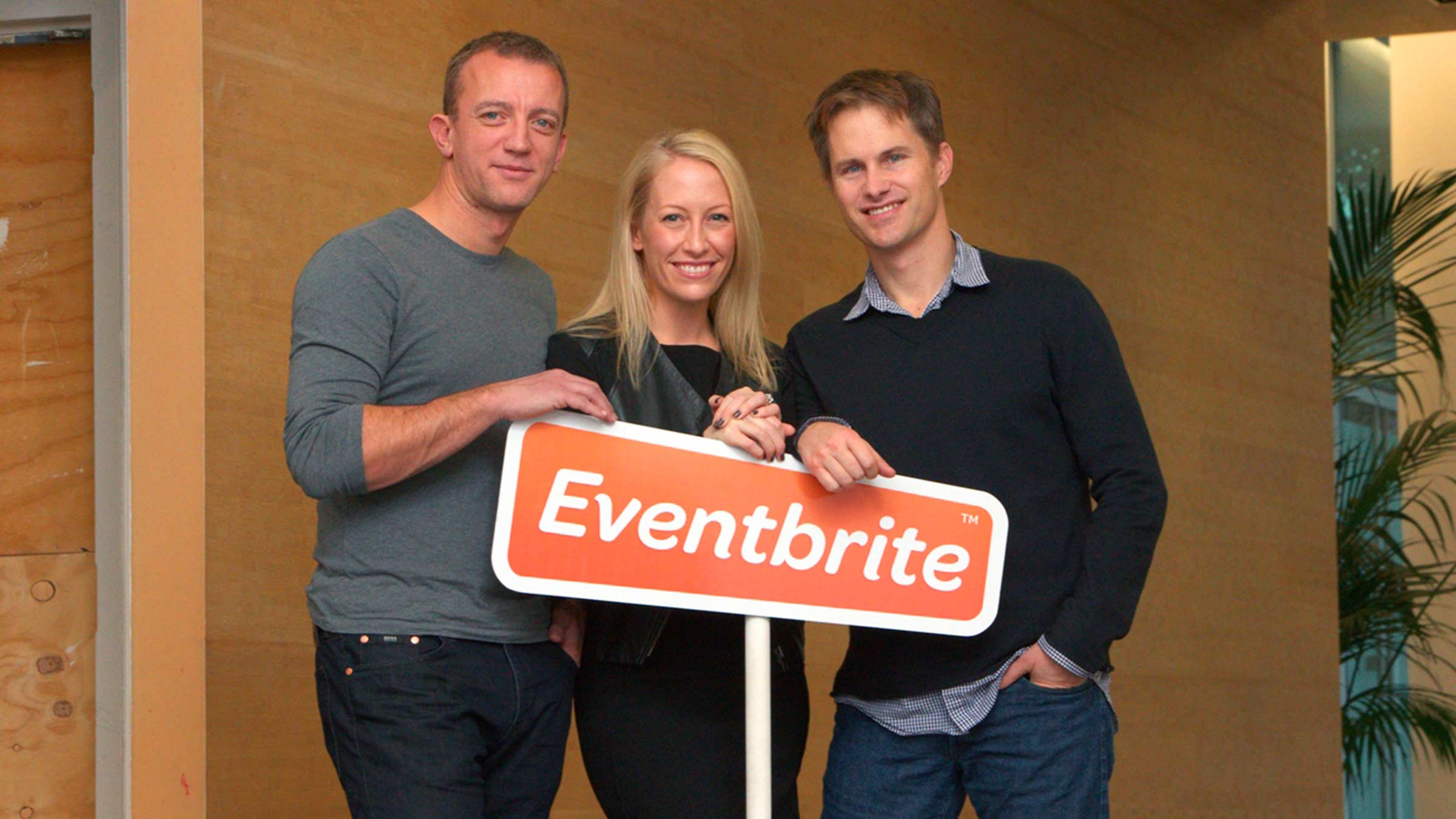While I was catching up on some news earlier this week I stumbled on this interesting piece from Bill Aulet on Techcrunch, discussing the divide between a company’s in-built culture and its strategies or objectives. Bill argued that however successful a company’s strategy might be, it is culture that truly measures success in the end. There are any number of companies who claim to have unique, incredible workplace cultures, but it can be very hard to retain the same atmosphere as an organisation grows and develops. I wanted to take a look at a few firms of varying sizes that do well when it comes to keeping an ethos intact, and what they are doing differently to other businesses!
Bill’s article took online ticketing service Eventbrite as one of its inspirations, and the company’s “palpable energy and excitement” shines through. One of the fascinating problems Eventbrite faced was how to maintain its character when the firm itself was going through a period of speedy growth. The role of the founders here was crucial, remaining just as involved when the firm employed hundreds of people as they were when Eventbrite had only a few employees. It’s obvious that strong leadership is essential to developing a distinctive company culture, but initiatives such as “testing for humility during the hiring process” has meant that Eventbrite’s philosophy is relevant all the way down the food chain.
Although Eventbrite has made great strides since launching in 2006, other companies are still providing insights into the difference between culture and strategy. When Meg Whitman joined Hewlett-Packard as CEO in 2011, the company was flatlining, but a succession of strategic upheavals – as journalist Aaron Pressman says, “slashing employee ranks, paying down debt and reorganising the company into more logical segments” – have started to get HP back on track. Meg isn’t satisfied with this, though. At a Stanford economics discussion earlier this year, she stated that she had personally met over 1,000 HP employees in an effort to instil more of a group-wide culture (no easy task when your business employs 275,000 people!). Turning the company towards the future, concentrating on new trends like big data and cloud storage, will help HP to develop a new, focused mentality.
Another firm building its reputation on a defined culture is fashion etailer ASOS, which has been one of the ecommerce world’s real success stories over the last decade. The firm is built around the drive and attitude of CEO Nick Robertson, and its egalitarian workplace system means that ideas come from all over the company. Speaking to MBS, one Asos buyer said: “if you bump into Nick in the lift, he’ll be the first to say hi. I think his work ethic has trickled down through the business […] it’s really exciting to work for a company that is trying to innovate the way 20-somethings shop.” Like Eventbrite, ASOS is going places through a combination of strong top-down leadership, plus a feeling that it is really making a difference. Maybe that is the secret recipe for cultivating an incredible culture at work!
Each company I’ve mentioned here is exceptional in its own way, but what they have in common is an appreciation of how important culture is when it comes to long-term success in business. Which companies with incredible cultures have I missed out here? Let me know at moira@thembsgroup.co.uk, and have a wonderful Bank Holiday weekend.








